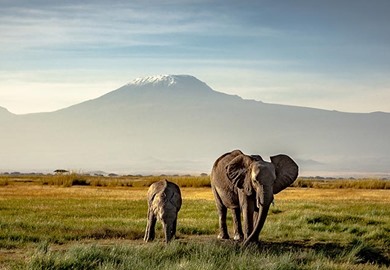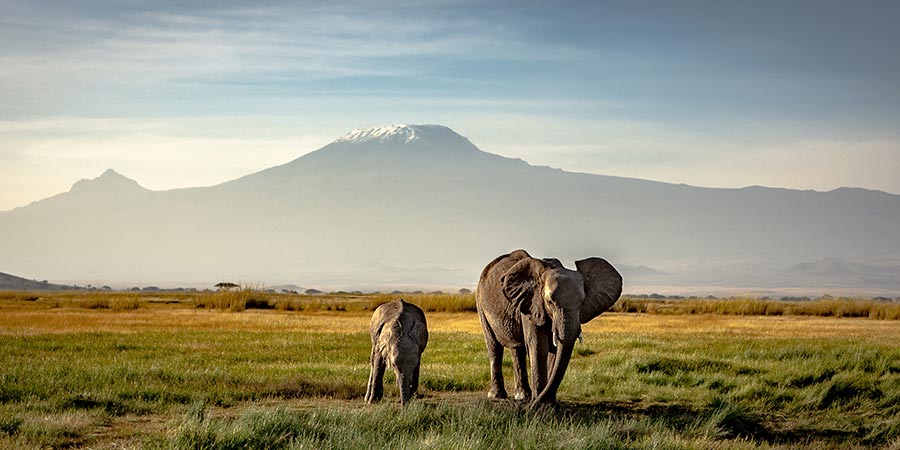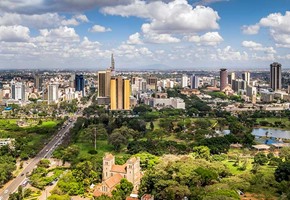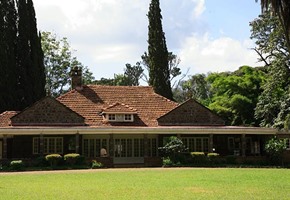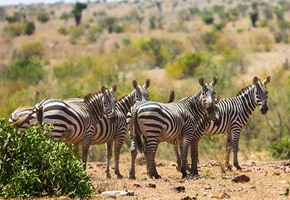Culture & Food
Kenya boasts a melting-pot of diverse culture, informed by many
years of varied influences from Arabian to Portuguese and British,
as well as traditional tribal culture. The official languages are
Swahili and English, though many more are spoken - namely tribal
African languages. Christianity accounts for around half of the
population, with Muslim, Hindu and Sikh minorities, and
spirituality is an important part of day-to-day life.
The Maasai people inhabit much of northern, central and southern
Kenya, as well as parts of Tanzania. Maasai villages can be found
close to the country's popular game spotting areas, such as around
the Maasai Mara, and as such the group are well known by tourists -
often affording them a unique insight into a fascinating and unique
culture. The lifestyle of the Maasai people is traditionally
pastoral and revolves primarily around their cattle, their primary
source of food, with whom their relationship is almost sacred. The
Maasai are known for their vibrant red dress, beaded jewellery,
stretched earlobes and traditional jumping dance, named adumu.
Like much of Kenya, the cuisine here is wonderfully varied,
taking inspiration from local ingredients and spices. Dishes range
from simple rice and ugali (a cornmeal porridge dish) to richly
spiced meat stews and flavoursome Swahili barbeque, nyama choma -
which translates as literally 'burned meat'. Generally, sweet and
milky tea (chai) is the favoured hot drink throughout the country,
despite the fact that Kenya exports some of the most well-regarded
coffee in the world - although the popularity of coffee has seen a
surge in recent years, especially amongst young people.
